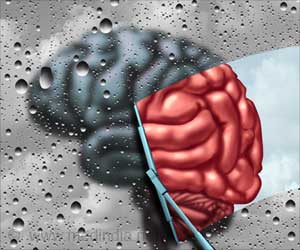Alzheimer's is the most common form of dementia in Canada, affecting some 5% of people over the age of 65.
Alzheimer's is the most common form of dementia in Canada, affecting some 5% of people over the age of 65. Statistics show that one in four people over the age of 85 suffer from the disease. According to the study conducted by Dr. Peter St George-Hyslop who is a researcher working on Alzheimer's disease at the University of Toronto it is said that a single chemical in the brain is the cause of the disease. The researchers have discovered a substance in the brain that can stop Alzheimer's disease and could lead to a treatment for the degenerative disorder.
By using this discovery a new drug can be developed against the disease. Medicines that will stop the progressing of the disease and also those that will help to prevent the occurrence of the disease would soon be discovered. TPM21 is the protein that blocks the neurotoxin Abeta. This is known as beta-amyloid peptide, which is responsible for the onset of Alzheimer's. TPM21 blocks Abeta production without causing any side effects. But St George-Hyslop also cautioned that it has yet to be tested in animals and that a drug to mimic its antitoxin effects is likely at least five years away.The crucial point is now to discover a small molecule that resembles and functions in the same way as this protein. Abeta-blocking compound would likely be used in conjunction with other therapies, such as a promising new Alzheimer's vaccine. Alzheimer's drug therapy would also require ongoing doses over a patient's lifetime. Dr. B. Lynn Beattie, chair of the research policy committee for the Alzheimer Society of Canada, cautioned that the disease has an enormously complex biochemistry and that this newly revealed protein represents just one step in the development of the disease.











